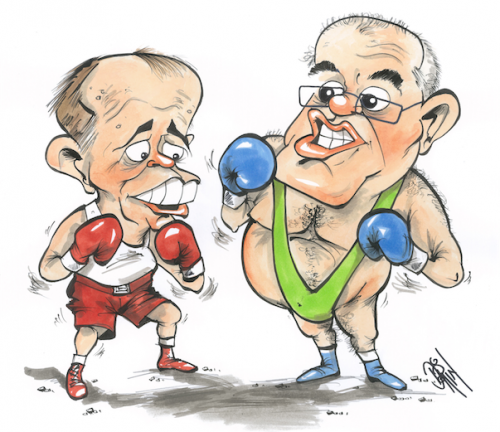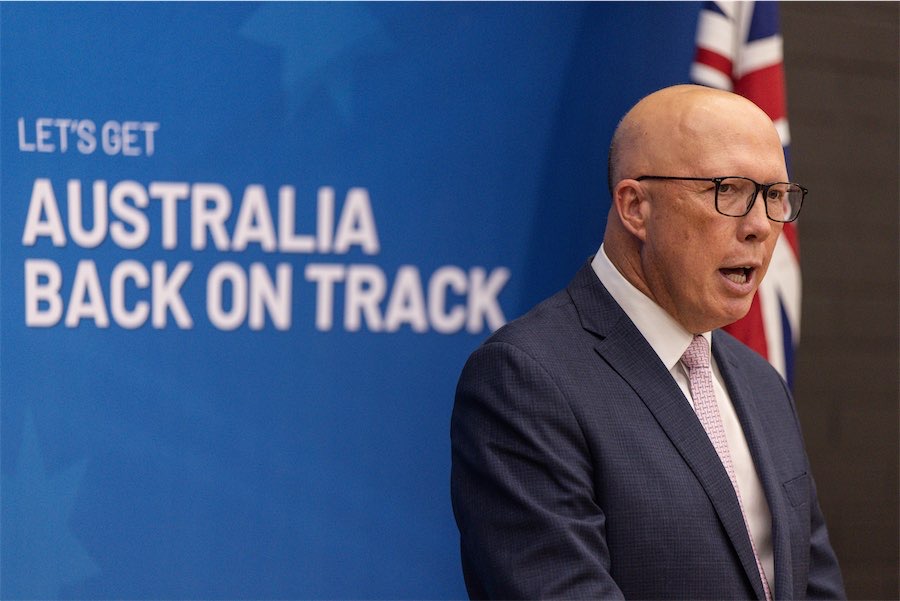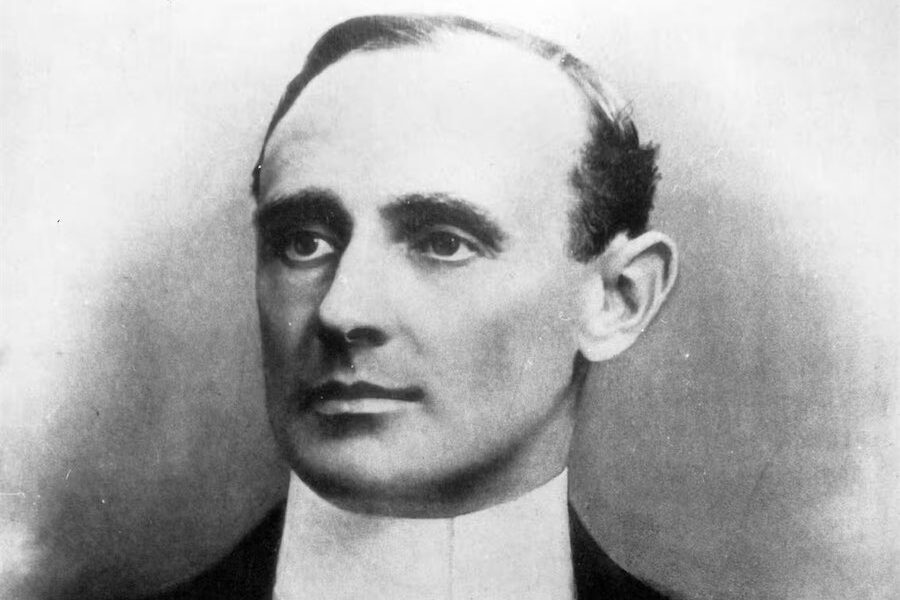
THE smug smirk permanently parked across the annoyingly plausible face of Prime Minister Scott Morrison is not borne of any cockiness but a deeply held conviction that he finally has opposition leader Bill Shorten right where conservative politics wants him – in a one-on-one contest.
Tony Abbott didn’t need to figure Bill out and Malcolm Turnbull didn’t even try, but ScoMo has been gagging to get Bill to this for a long time. Morrison’s smirk is dripping with “Bill’s my bunny”.
Officially, the line will be the economy, climate change, border protection etcetera but the undercurrent, or dog whistle, is: “Bill is a bad, bad man”. After six years and three leaders, the LNP has little else in its campaign kitbag.
For someone with a flash marketing resume, Morrison is acutely aware of that basic rule of advertising, “less is more”.
On the surface, he made a meal of his first pitch to the nation after calling the election on April 11 with his: “If you vote for me you’ll get me, if you vote for Bill Shorten, you’ll get Bill Shorten”. But there is a method to his seemingly message-mangling madness.
Message: “Get Bill and you also get his nasty union thug mates”.
A few days earlier Morrison had served the entree: “But Labor are full of lies and high tax. That’s all you need to know about Labor”.
Message: “Bill Shorten is a liar”.
And Bill’s union mates were central to conservative commentator Miranda Devine’s ludicrous piece in the Sydney “Telegraph” suggesting Shorten’s slight speech affliction is in fact an affectation. Devine said “Shorten sometimes says “with” and sometimes “wiv”, a vestige of trying to slum it with his union bruvvers after attending one of Melbourne’s poshest schools”.
Message: “Bill Shorten is a fraud”.
With an already deeply cynical electorate largely disapproving of negative political behaviour, the battle will still be more about slogans and smear/fear campaigns of varying degrees of viciousness than explanation of policies.
But relying on the effectiveness of negative political attacks poses real risks for the major players. Do they have the skill to kick a head and move on? Millennials are now more politically astute and fully engaged than in the recent past.
Twenty three years ago my five-year-old daughter came running into the room crying indignantly that “John Howard hurts families”. She’d been exposed to a negative ALP TV commercial designed to prevent Howard from moving into The Lodge in March, 1996. A residence he occupied (too little for some locals’ liking) for the next 11 years during which he launched successful election campaigns mostly with the perennial “who-do-you-trust?” line.
That traumatised five-year-old is now a millennial with a raft of millennial issues demanding to be addressed.
Signalling and messaging to this socially progressive cohort, financially conservative, with a genuine concern for the planet is now a complex task.
Thanks to social media flushing out the concept of identity politics, defined as: “A tendency for people of a particular religion, race, social background, etcetera to form exclusive political alliances, moving away from traditional broad-based party politics”, the once reliable short, sharp political stab that easily reached the masses now comes with the high risk of missing new mobs within the masses.
Bright young political staffers are now required to forensically fossick through the dirty and dangerous skips of social media, hoping to tap into a seam of vote-winning gold running through our increasingly more fragmented and fraught society.
But there are still many cautious coalition MPs who are much less flamboyant than their brash new leader from the world of advertising. A week before the poll was called, the member for Bennelong (John Howard’s old seat), John Alexander, ran with “who do you trust?”.
Just how difficult it is to teach old dog whistlers new tricks will be clear on or around May 18.
Who can be trusted?
In a world of spin and confusion, there’s never been a more important time to support independent journalism in Canberra.
If you trust our work online and want to enforce the power of independent voices, I invite you to make a small contribution.
Every dollar of support is invested back into our journalism to help keep citynews.com.au strong and free.
Thank you,
Ian Meikle, editor




Leave a Reply